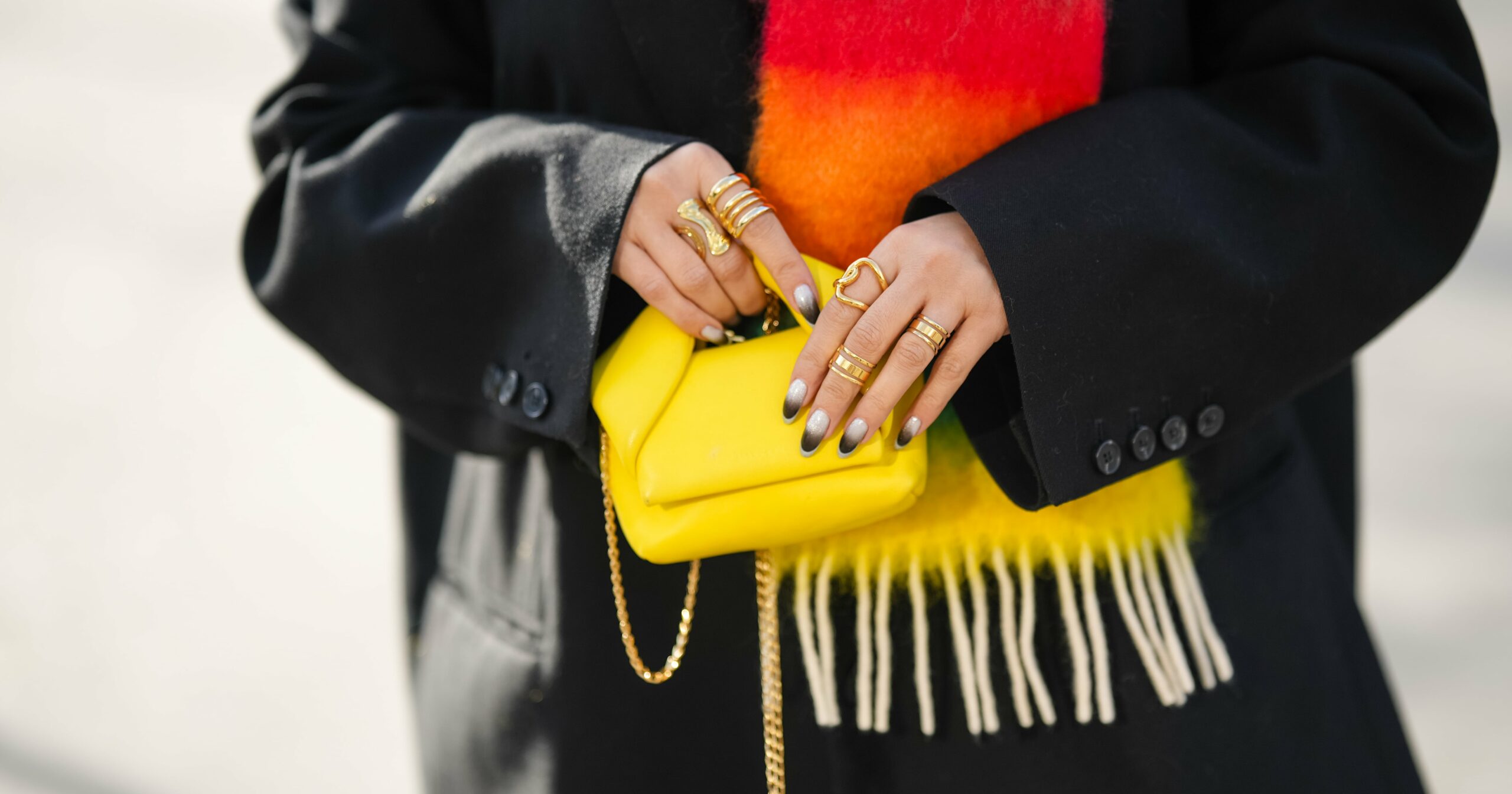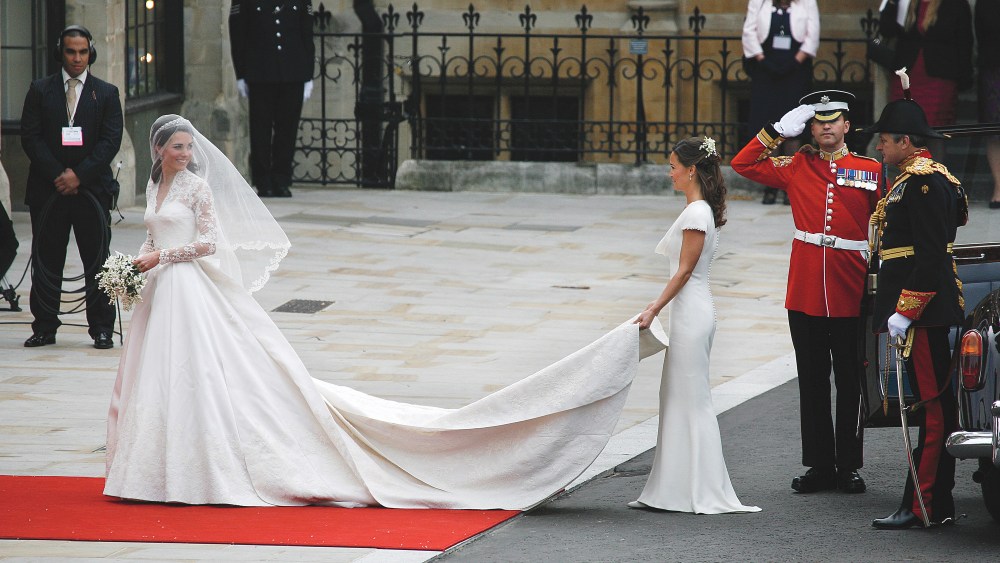It’s like clockwork: you go to the nail salon, ready to replicate that new nail trend that’s been all over your For You page. Yet when you sit in the chair and are asked what nail shape you’d like to go for, your mind goes blank.
It’s an understandable dilemma – decision paralysis can feel particularly heavy when you’re thinking about the nails that you’ll be wearing for anywhere from two to three weeks (or sometimes four, we don’t judge). But allow us to make a suggestion that you can keep in your back pocket for emergencies: oval-shaped nails. We know, it’s nothing groundbreaking, but it’s a classic for a reason.
The nail shape has been lauded as one of the most flattering, regardless of hand size or nail-bed shape. As a result, it’s made longtime fans of celebrities like Hailey Bieber, Kourtney Kardashian, and more. But what exactly makes it such an easy go-to? Ahead, we tapped an expert to break down the appeal of the oval nail shape.
What Are Oval Nails?
“Oval nails are an elongated, rounded nail shape,” manicurist Mazz Hanna, the CEO of Nailing Hollywood, tells PS. “They’re adaptable but tend to look best on medium-to-long nail lengths.”
One of the biggest reasons people walk away from nail salons with a shape that isn’t quite right is that they (and honestly, sometimes their manicurist) don’t know the subtle differences between similar silhouettes. With oval, it’s easy to get it confused with round or almond nails, but there is a difference between the three. “Both round and oval nails have curved edges,” Hanna says. “The main difference is that oval nails are a narrower, more oblong shape toward the tip, whereas round nails are wider toward the top.”
If you look at a nail chart, you’ll notice that oval nails are tapered, or filed, for the majority of the nail and then slightly curved at the very tip. Round nails tend to be wider from the moment your nail plate extends past your finger, making them ideal for shorter lengths. Almond nails, on the other hand, are tapered pretty much all the way to the tip of the nail, making the nail bed as a whole look much thinner before curving into a pointed shape.
How to Get the Oval Nail Shape
Though oval nails don’t necessarily look better with extensions than your natural nails, they are particularly beneficial for the latter because they have a lower risk of breakage compared to other shapes. “The rounded corners help lower the chance of the nail cracking,” Hanna says. “This is in comparison to, say, square nails, which can be prone to snagging and ripping, especially on weaker nails.”
Now that we’ve gotten that out of the way. Hanna has some tips on how to get the perfect oval shape every time. “To get the look, start by filing your nails into a rounded shape with gentle curves on the sides and a slightly narrowed tip,” she says. “This technique helps to prevent over-filing, because if you do too much, the tips of your nails will become too narrow, and you will end up with an almond shape.” The key is to file from the sides toward the center, maintaining symmetry while smoothing out any rough edges for a polished finish.
The Best Oval Nail Designs
As with any nail look, how you decide to jazz it up is your prerogative. That said, Hanna has a few nail-art suggestions to take your oval nails to the next level. “Designs that accentuate their elegant shape are ideal,” she says. “Consider opting for subtle french tips, soft gradients, or minimalist geometric designs to highlight the graceful curve of the shape. Delicate florals, intricate swirls, and textural accents, such as glitter or metallic touches, can also complement the rounded edges of oval nails beautifully.”
Now that you’ve completed this crash course on oval nails, feel free to take a look and make it your own. After all, someone’s manicure has to be the talk of the town, and it might as well be yours. If you need some oval nail ideas, read ahead.



